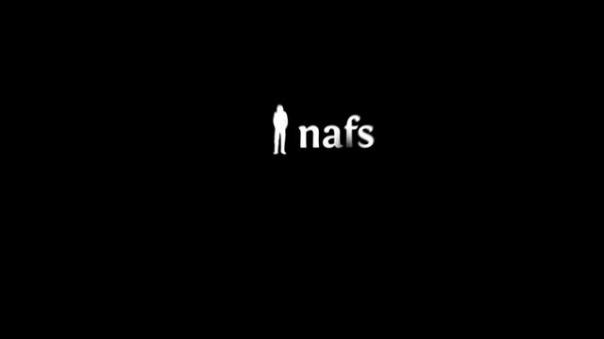Blog Archives
Distinguishing Between Thoughts From Ourselves, Shaytan, and Allah
Source: seekershub.org
By: Shaykh Rami Nsour
The Spring Source of our actions
All of our actions spring forth from a thought that enters our heart and this is what makes knowing the science of thoughts (khawatir) so important [Muhammad Mawlud, The Purification of the Heart]. One of the most difficult tasks we face in our lives will be in weighing out each one of the thoughts that enters our heart and seeing which one we should follow. The scholars have given us a guideline as to how to tell the signs of the source of thoughts that enter our heart.
The three types of nafs (ego)
Source: ilmgate.org
By: Shaykh Kamaluddin Ahmed
In the Qur’an-e-Kareem the word nafs is used in two ways.
The first way that the word nafs is used is to indicate our own-self. Some people would translate it in English as “self,” some people would translate it in English as “soul.” An example of this is when Allah Almighty says in the Qur’an:
وَاذْكُرْ رَبَّكَ فِي نَفْسِكَ
“And remember your Rabb inside yourself.” (7:205)
The second way the nafs has been used in the Qur’an, which is quite frequent, is that the nafs is referring to a specific part of our self and it is that part of our self that has desires, appetite, and some people call it ego. It has anger, it has passion, it has lust, desire, it has all these things. Some people may even call it the carnal self or the carnal soul. This nafs is not part of the rūh, [rather] its part of the physical human being. So if we wanted to say that we have some physical part of our creation, that is our body and ournafs and then Allah Almighty has also put inside of ourselves an inner or spiritual part of our creation, that is our rūh. This nafs is part of our physical self, even though its not part of our physical body.
Three adjectives have been used in the Noble Qur’an to describe three different types of nafs.
The reality of the ego
Source: osmannuritopbas.com
By: Shaykh Osman Nuri Topbas
Man gives directions to his life depending on the exact nature of the battle taking place in his inner dimension between the animal and lordly souls. When the lordly soul wins the battle, man becomes inclined towards good deeds and morality. But when the animal soul takes the control, man becomes inclined towards all kinds of sin and immorality. Man’s responsibility for his actions is based on his preferences and decisions between good and evil deeds. Since man is given a capacity to perform his actions in accordance with his free will, and thereby take his animal soul under control to a certain extent, he is liable for what he does and eligible for both reward and punishment.
Basics of Islam: Types of Nafs
Source: islamicity.com
By: Muhammad ‘Afifi al-‘Akiti
Praise be Allah, Who has adorned the aspect of man by granting him good stature and proportion, Safeguarding him from increase and decline in his aspect and measurements, We ask for His forgiveness and guidance, We seek refuge from the evils, which are in ourselves and the wicked in our actions, And may the blessings and salutations be invoked upon Muhammad, His Prophet (صلى الله عليه و سلم).
To proceed:
“As for whoever exceeded the limits and preferred the life of this world, surely his abode will be the Fire; and as for whoever feared to stand before his Lord and restrained the desires of his self, surely his abode will be the Garden.” (Sura 79:39-40)







